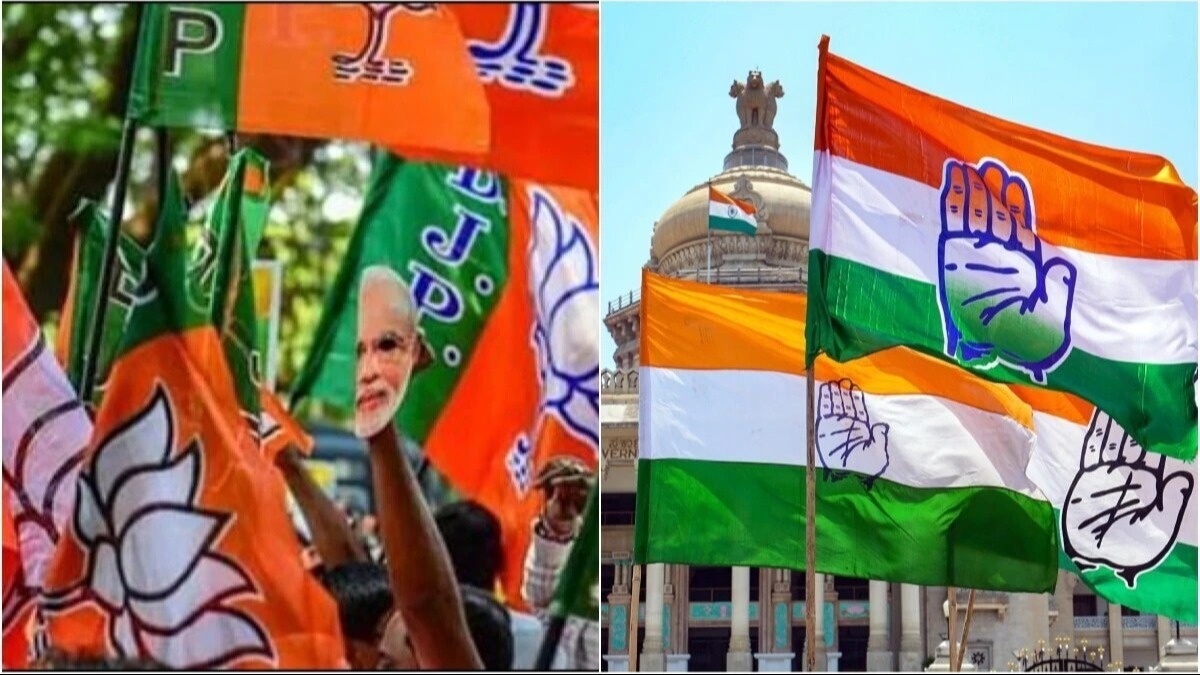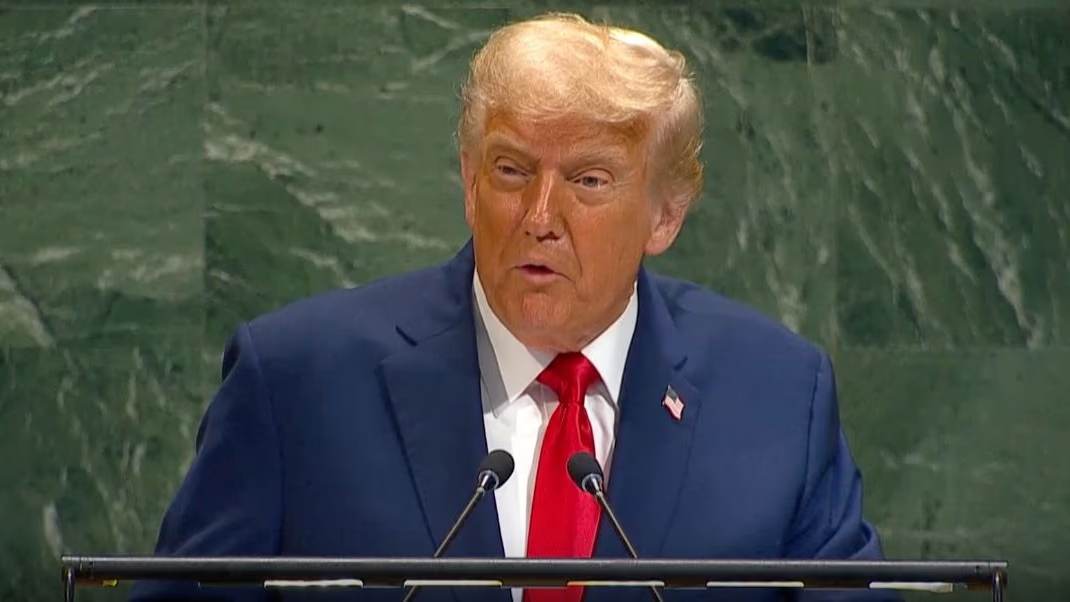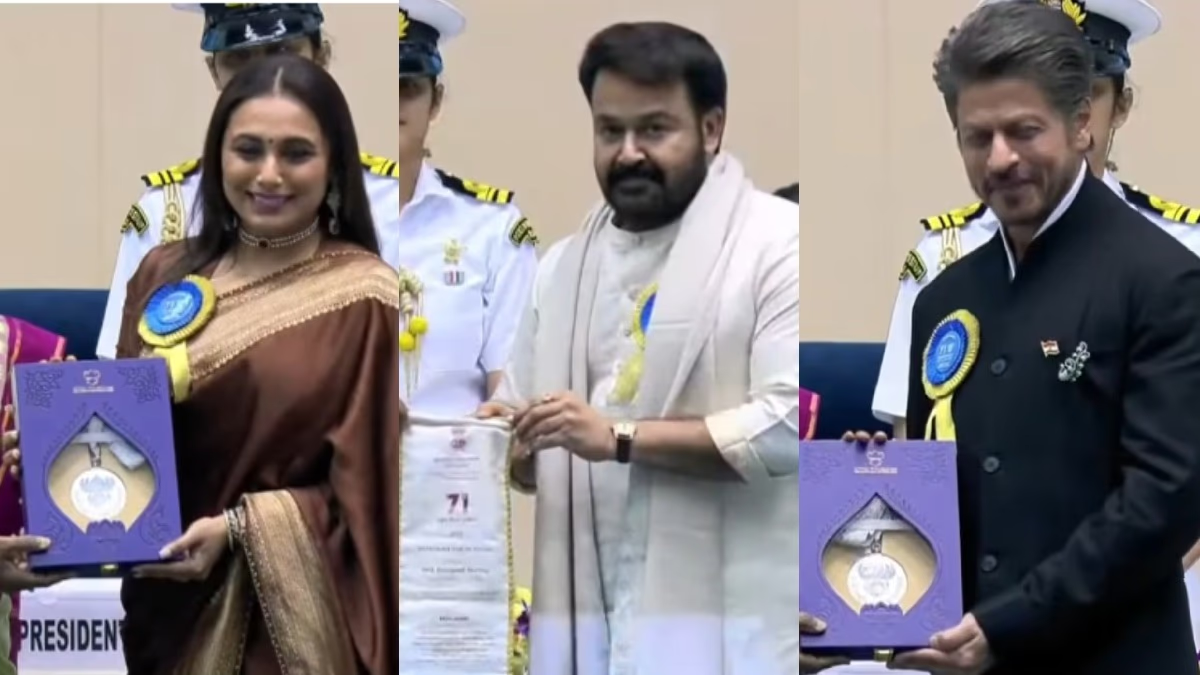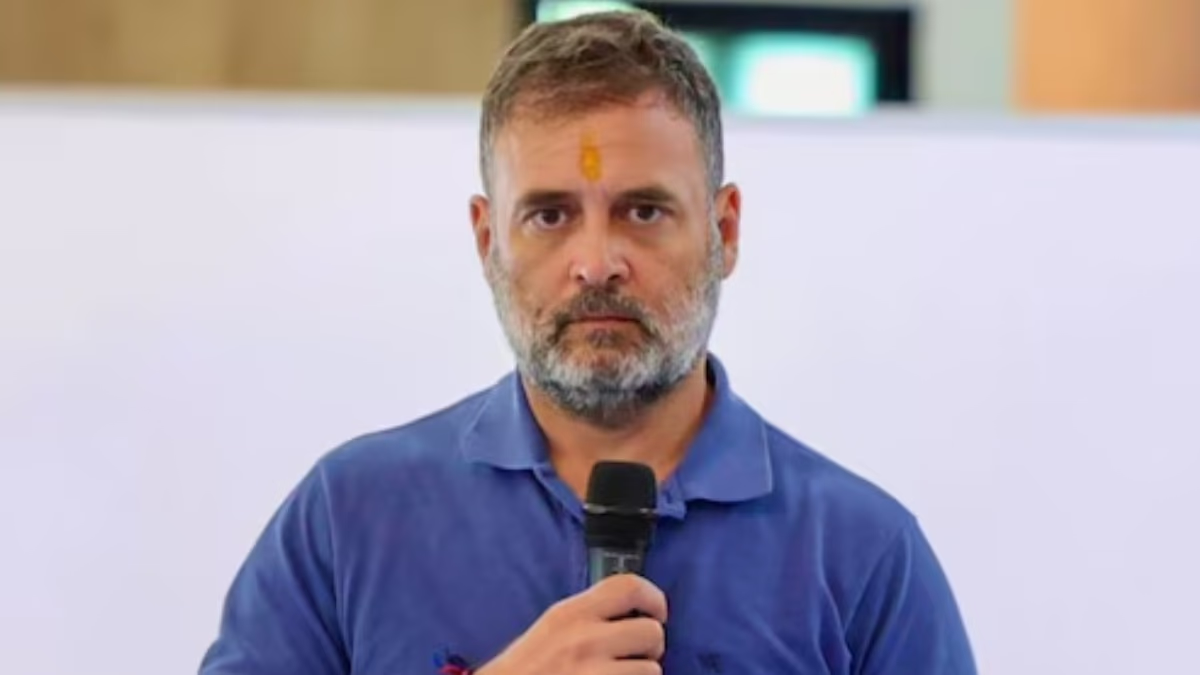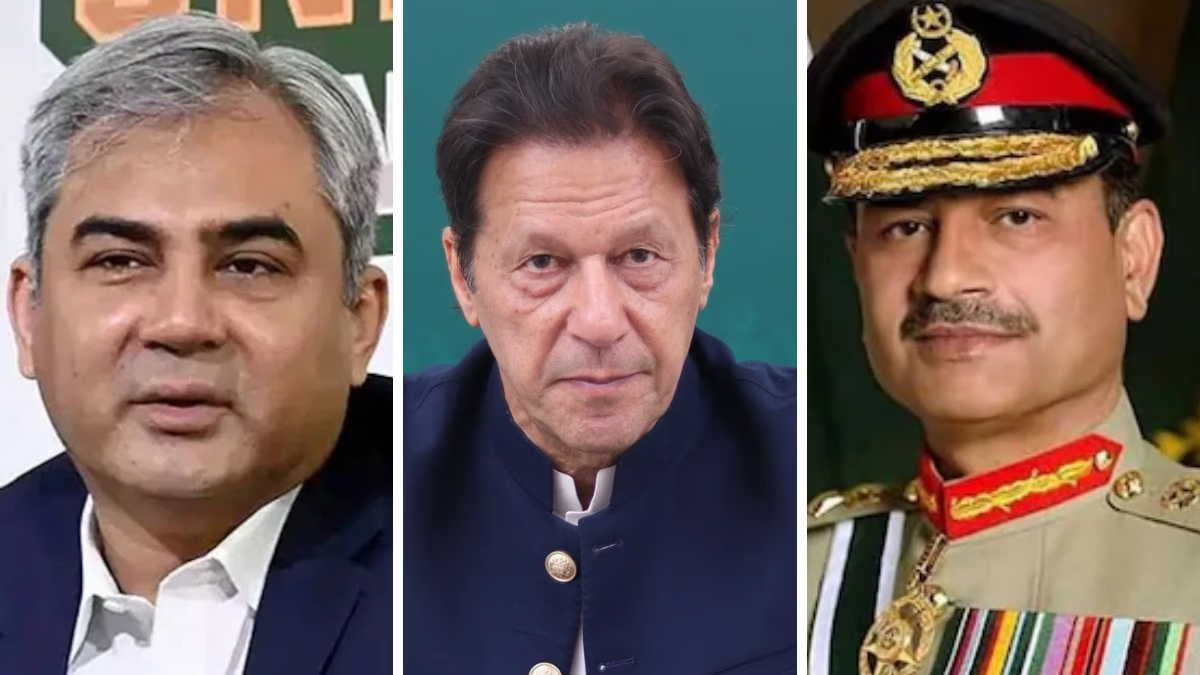Right after the announcement of the Lok Sabha elections, the BJP faces accusations of violating the election code, being scrutinized for 'Vikasit Bharat Sampark' banners boasting government achievements. Displeased with such WhatsApp messages, Congress, and Trinamool Congress have raised objections, labeling these as 'gross violations' and escalating the complaint to the Election Commission of India (ECI). It's now crucial to comprehend the rules laid down by the Election Commission for the parties and candidates in the fray. What actions could be taken if violations occur?
The 45-day electoral battle is on set, with stringent norms in play following the guideline's release by the Election Commission. An offense against these rules may result in serious repercussions to ensure free and unbiased polls—the crux of the electoral code of conduct.
1. Can the government still make decisions?
After the code comes into effect, authorities switch to election mode, barring ministers, legislators, even the Chief Minister from interacting with involved officials. All state and central employees work akin to staff of the Commission till the end of elections. For any officer transfers or postings, the government must obtain Commission permission, and government vehicles or aircraft cannot be used for party or candidate benefit.
2. Are campaign restrictions in place?
No electioneering at religious sites, and while political parties can leverage vehicles for campaigns, prior approval from the returning officer is mandatory. Permission from police administration is a must before rallying, procession, or organizing an electoral meeting, and no DJ use from 10 PM to 6 AM.
3. Is permission essential for election rallies?
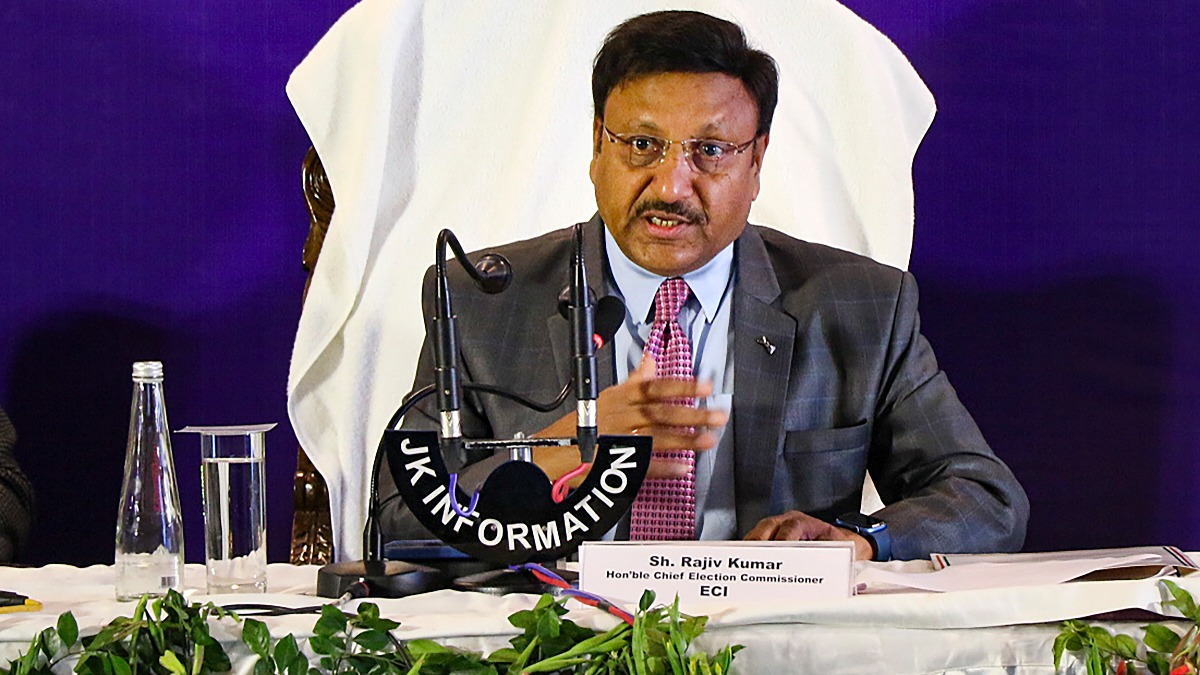
Source: aajtak
4. Can government schemes be implemented?
No new schemes, construction work, inaugurations, or foundation stone laying can be introduced during the code period. Ongoing projects can continue, and in cases of natural disaster or pandemic, government remedial actions must be sanctioned by the Election Commission.
5. Can action be taken?
If a candidate breaches the code, campaign and participation halts could ensue, potentially leading to criminal charges and even prison.
6. Is there a cap on election expenses?
The Commission has set forth a detailed list of rates dictating campaign expenditures that candidates must adhere to. The ceiling for Lok Sabha election campaigning is fixed at 95 lakh rupees, with a 40 lakh rupee limit for Assembly elections. Transactions over 10,000 rupees need to be bank-mediated.

Source: aajtak
7. Is a detailed expense list required?
Candidates must maintain a thorough diary of expenses. District election officers oversee and monitor candidate expenditures, ensuring adherence to established rates. The recent assembly elections in Rajasthan shed light on the importance of financial transparency in the electoral process.
First phase voting is set for 19 April
India gears up for general elections from 19 April to 1 June across seven phases, with results due on 4 June. This process will wrap up by 6 June. Concurrently, legislative assembly elections are scheduled in Odisha, Arunachal Pradesh, Sikkim, And Andhra Pradesh, with by-elections also taking place in 26 assembly seats across various states.
